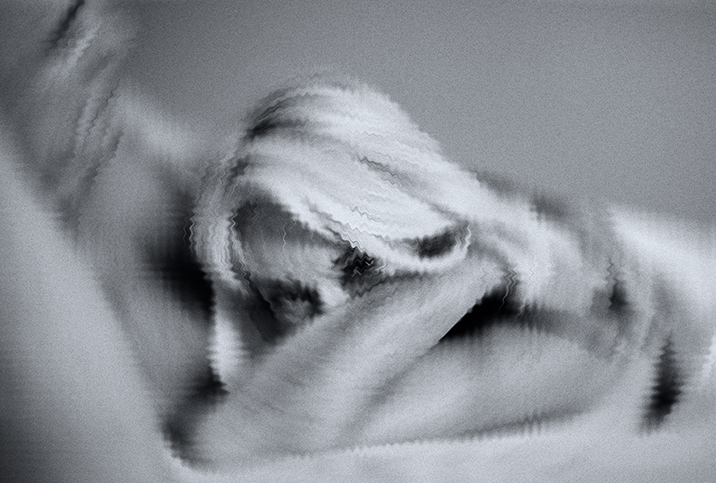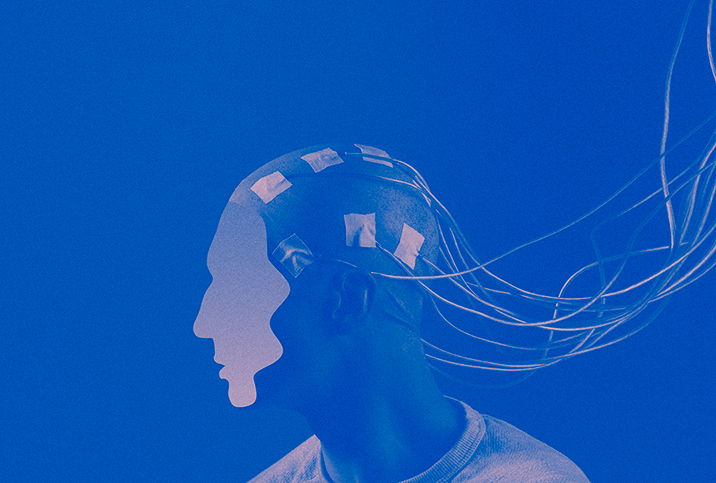Bipolar Disorder, Parkinson’s Syndrome and Me

An enduring myth in the zeitgeist is that humans only use 10 percent of their brain (there's even a science fiction flick about it starring Scarlett Johansson). Although this figure is a myth, we still know very little about the brain itself or how to fully address neurological and psychiatric diseases. The general public is familiar with the neurotransmitter dopamine and how it's related to feeling happy, but dopamine impacts many more of the body's functions, including physical movement.
Bipolar disorder and Parkinson's disease are complex medical conditions both linked to dopaminergic activity. In bipolar disorder, the dopamine hypothesis is the leading explanation for the oscillation of moods between manic highs and depression. Comparatively, the hallmark symptoms of Parkinson's are caused by the death of dopamine-producing neurons, resulting in a host of movement symptoms.
Opposite syndromes attract
A syndrome is a group of symptoms responsible for highly individualized manifestations of a medical condition. Bipolar disorder and Parkinson's are both syndromes that have numerous underlying causal mechanisms and treating these syndromes calls for individualized interventions.
Antipsychotics are a common medication for bipolar disorder, as they block dopamine receptors. Conversely, Parkinson's is treated with medications that increase or mimic dopamine. A review of studies indicated people with bipolar disorder are significantly more likely to develop Parkinson's. Antipsychotics may prematurely "unmask" the inevitable development of Parkinson's. Yet, how much earlier and at what cost?
The causal relationship between bipolar disorder, antipsychotics and Parkinson's is unknown. And unfortunately, it has been decades since the last revolutionary medications for either bipolar disorder or Parkinson's were created.
A tale of two syndromes
At 25, I had my first psychotic episode and was diagnosed with bipolar disorder. I have since successfully managed my disorder by adhering to a healthy lifestyle and taking antipsychotics. Outside of a few bad days per year, most people wouldn't detect that I have a mental illness.
Seven years after my diagnosis, I woke up one morning with my right arm uncontrollably flailing. The doctors diagnosed me with drug-induced Parkinsonism, a temporary condition that mimics Parkinson's. Suddenly, certain tasks became exceedingly difficult (walking, writing, driving). Convinced I could recover, I exercised daily for hours under the assumption I could work the symptoms out of my body.
Two subsequent events degenerated my movements even more precipitously. First, I was admitted to a psychiatric facility due to postpartum psychosis and was compelled to take antipsychotics, which resulted in a pronounced limp that has never gone away. Second, I got COVID-19 and began to frequently fall.
Eventually, I began taking Parkinson's medications, which enabled me to adequately walk again. However, I soon developed a side effect called dyskinesia, which manifests between my four daily doses of Parkinson's medication. My dyskinesia presents with powerful writhing motions necessitating I crawl to safely get around.
This past January, I was officially diagnosed with early-onset Parkinson's.
Public and private lives
The deterioration of my movements has the greatest impact on my perceived competence as a parent. I longed for my daughter to grow up faster because everything I couldn't do well, she couldn't do at all. She will be turning four, and I am filled with admiration and relief at her growing independence.
There is profound, self-imposed isolation I am trying to overcome. People often inquire about my physical presentation when I am in public, including my abnormal movements and weight. Not only do my excessive movements burn a lot of calories, but if I eat too much, the Parkinson's medication will not work. Frequently, I get bruises and spill food on my clothes because of my movements, which I find embarrassing. At the same time, my energy capacity is low, so often proper grooming is not my priority.
A prevailing notion is we must "control" those with mental illnesses because they disrupt the veneer of polite and comfortable society. My experience with a complex disability has led me to seek services to overcome my grief and anger, while also compulsively searching for answers about my condition.
Articulating my feelings is a challenge within a society that valorizes stoicism.
Into the unknown
The human brain's neural network and the universe's cosmic web are two of the most complex systems. These days people are giddy about the potential of traveling to Mars, but from my perspective, we have a whole universe right here, between our ears, waiting to be fully explored and understood.
Ultimately, it is unknown where research will take us, but I hope to do my part in the end by donating my brain to science.


















